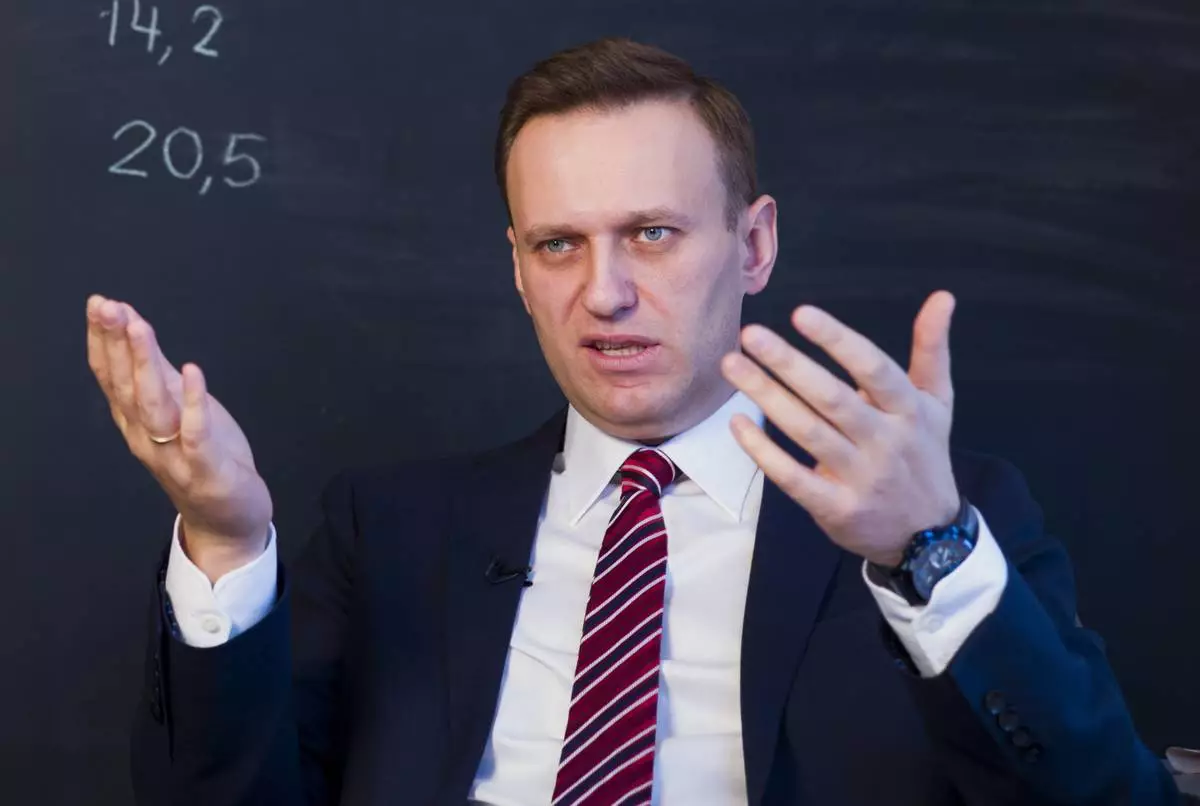An Islamic State follower asked a Phoenix-area sheriff's sergeant during a violent encounter six weeks ago to shoot him after he threw rocks at the officer and walked toward him with a knife in hand, according to a court document authorities were forced to release Wednesday.
The probable-cause statement from the investigation of Ismail Hamed was released after The Associated Press and other news organizations protested an effort by Maricopa County Attorney Bill Montgomery's office to keep videos and other records from the Jan. 7 attack under seal. Body-camera video from the encounter and recordings from 911 calls that Hamed made before the attack were released last week.
Hamed, 18, is accused of striking the sergeant with rocks and wielding a knife in a parking lot of a sheriff's substation in suburban Fountain Hills, 30 miles (48 kilometers) northeast of Phoenix.
Investigators say Hamed ignored warnings to drop the knife and instead continued walking toward the sergeant with the weapon in his hand. Eventually, the officer shot Hamed, who fell to the ground but ultimately survived gunshot wounds to his abdomen and right shoulder.
In the 911 recordings, Hamed professed allegiance to the Islamic State. He also told a 911 operator that he was armed with a knife and rocks and wanted to speak with a sheriff's deputy as part of a protest over people suffering in the Middle East.
The probable-cause statement explains comments made by Hamed on the video that were hard to discern because of the low volume of his comments.
"Shoot me," the court document quoted Hamed as saying.
The county sheriff's office said it was examining whether Hamed was intending to die by what is known as "suicide by cop" and whether Hamed had contacts with members of the Islamic State.
A woman at the office of Hamed's attorney, Faisal Ullah, said the law firm had no comment.
The probable-cause record said the officer feared for his life when Hamed wielded the knife, leading the officer to shoot Hamed to stop the threat.
Hamed has pleaded not guilty to the aggravated assault and terrorism charges.
The FBI has characterized the encounter between Hamed and the sergeant as a "lone wolf" attack.
Sheriff Paul Penzone had previously said he doesn't think there was an indication that Hamed planned to carry out other attacks.
Hamed remains jailed on a $500,000 bond.
Follow Jacques Billeaud at twitter.com/jacquesbilleaud










